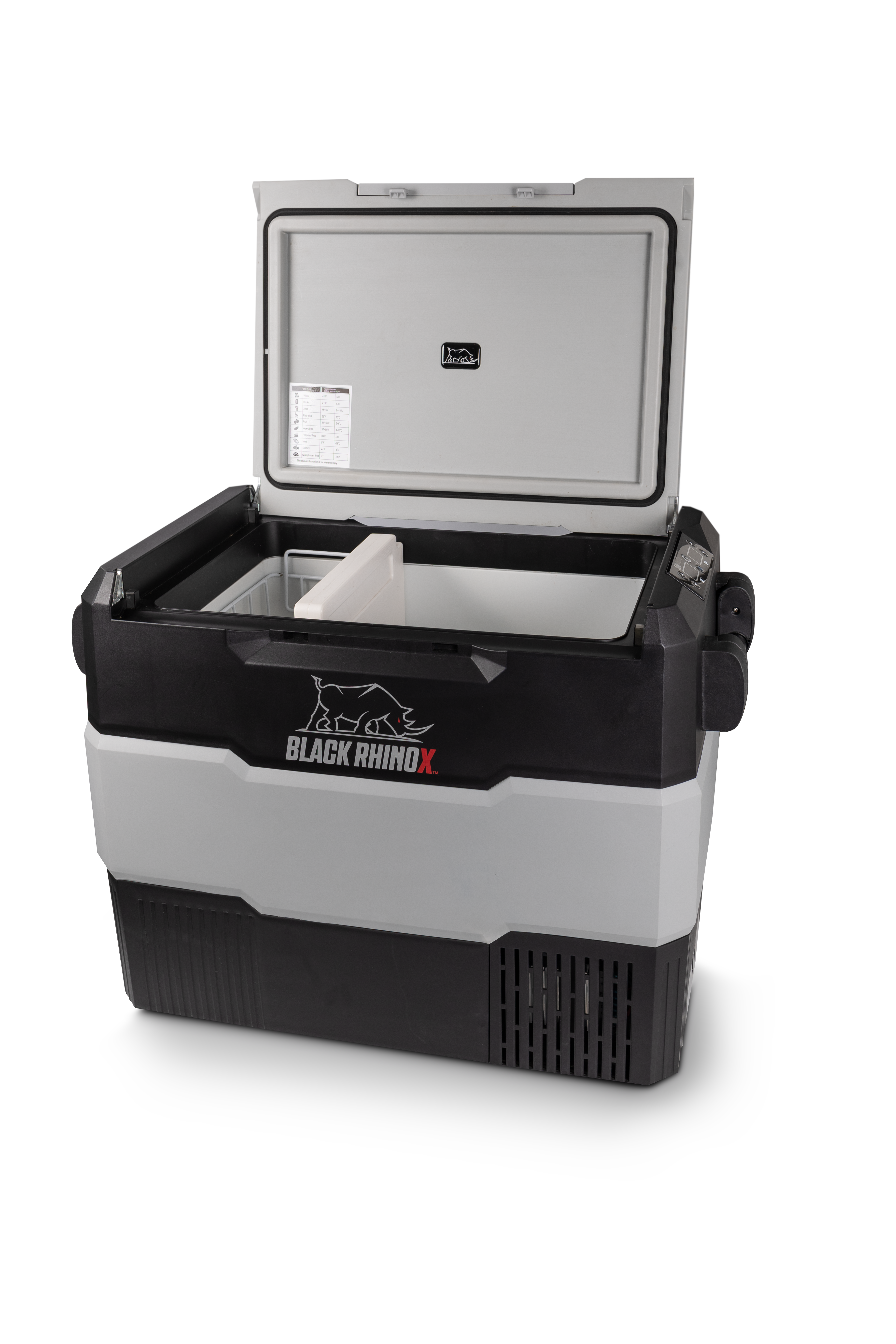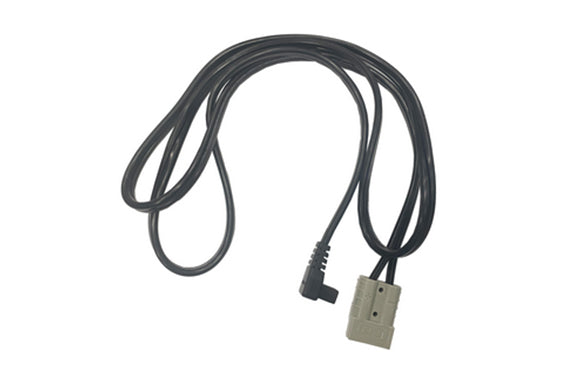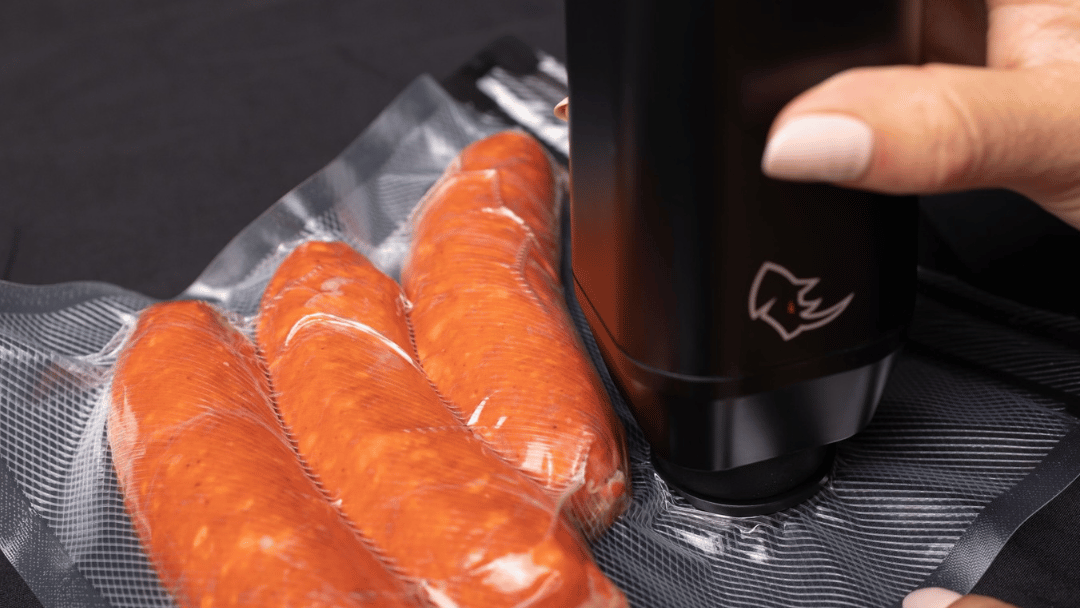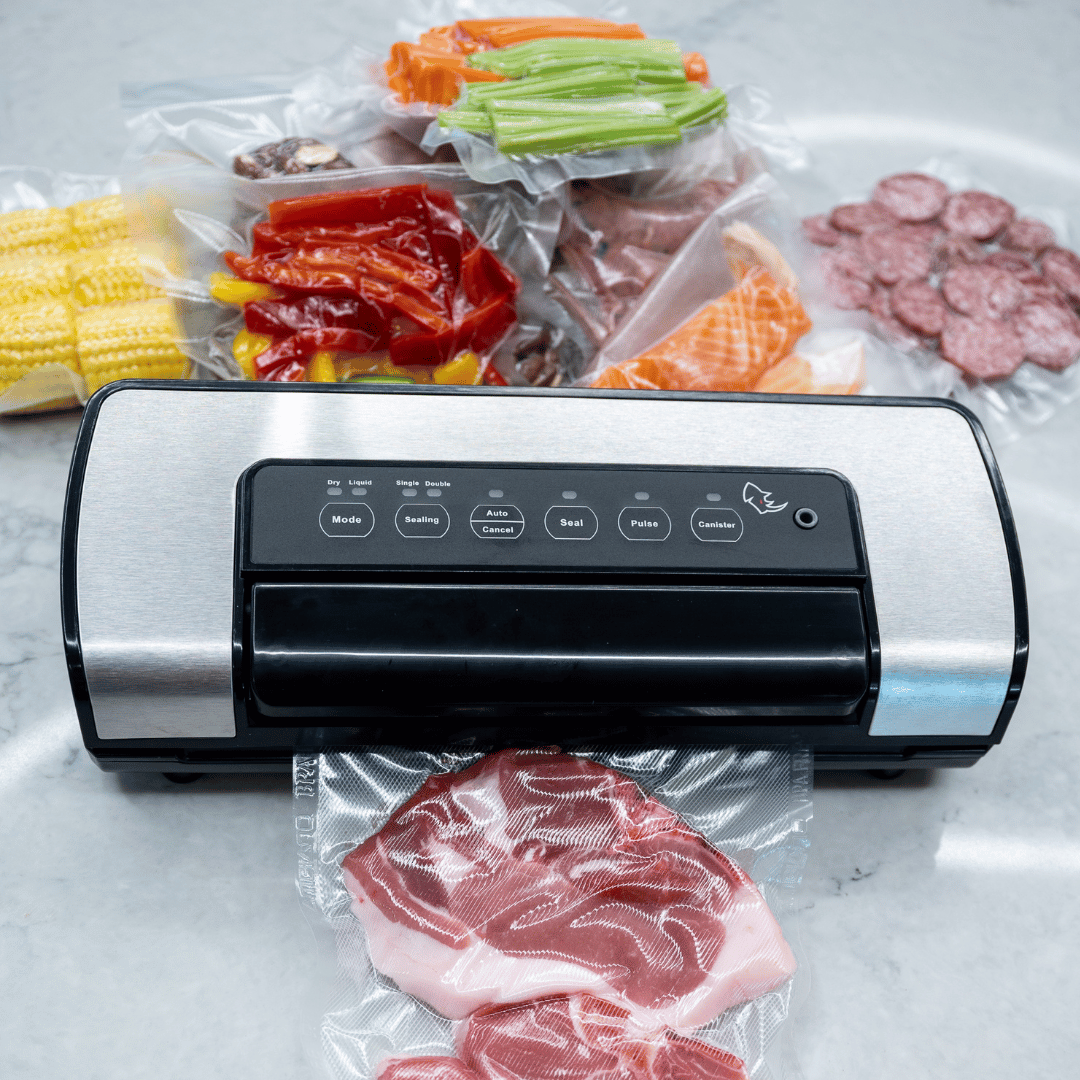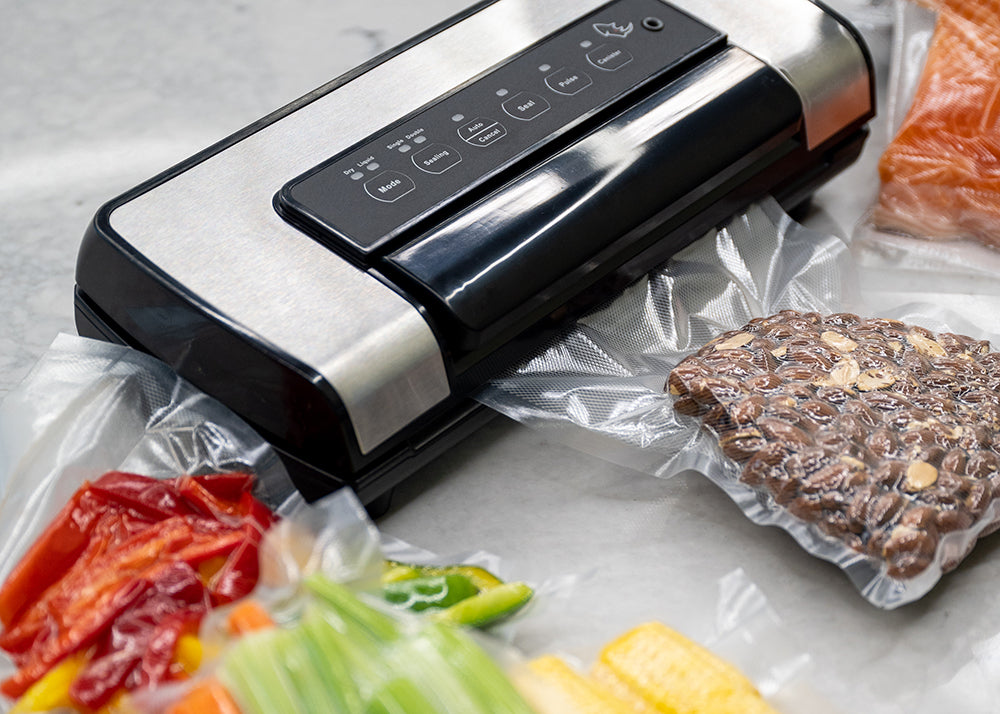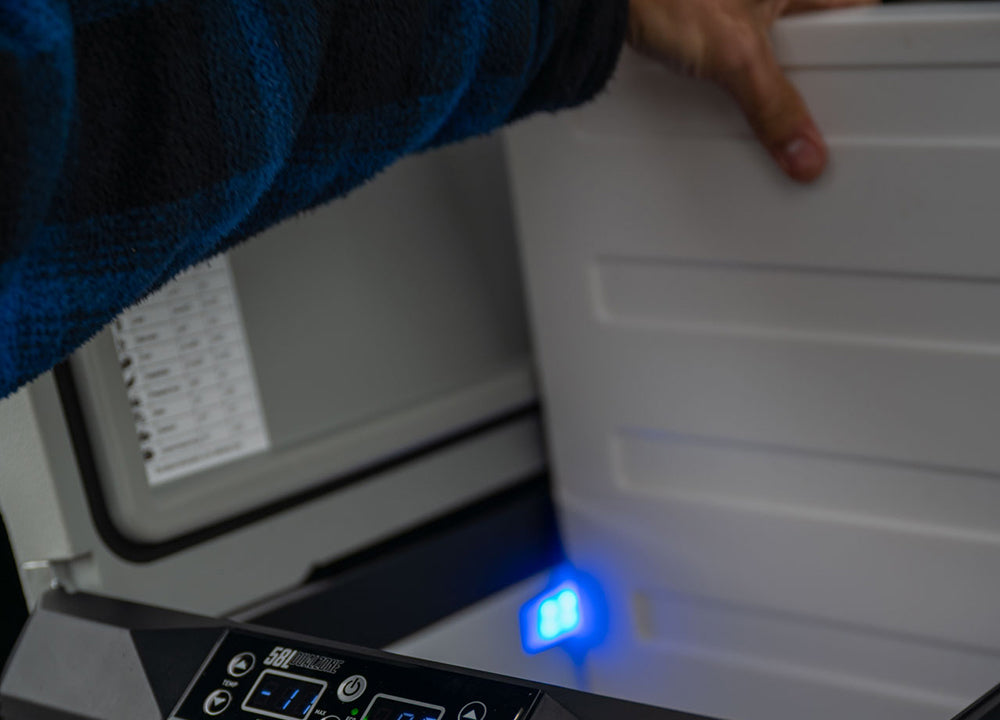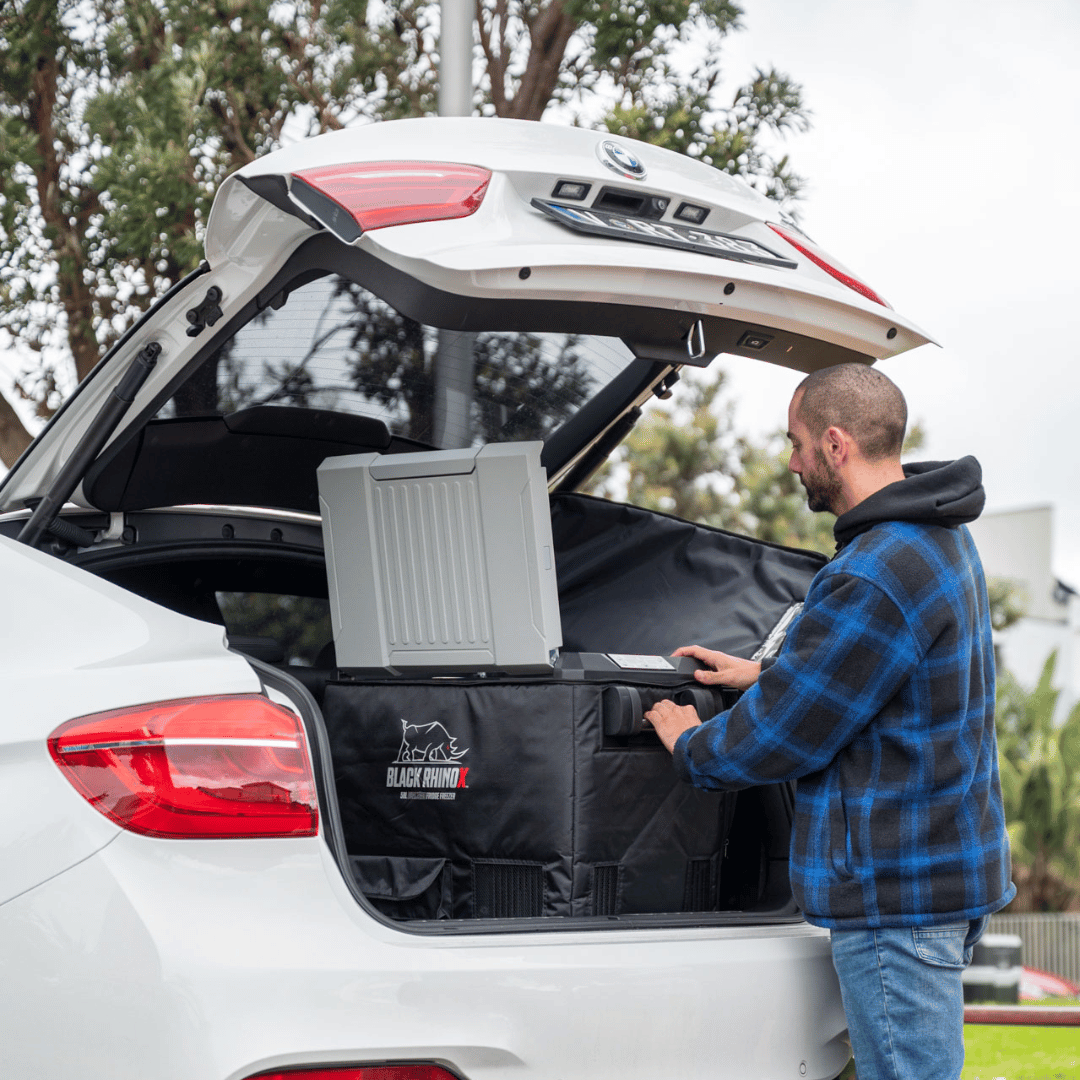
First Timer Portable Fridge User?
If you have never owned a camping fridge before, you may not know that not every vehicle is ready to plug and play nicely with a portable fridge.
So before you buy your first camping fridge and head out on the road, here are a few tips from our resident experts.
Car + Fridge
The combination of an ordinary car and a portable fridge is fine, but it can also throw you a real curveball. A portable fridge isn’t just a fancy esky, it needs a power source, and that means there are a few questions you need to ask before you invest in your first fridge, because the last thing you want is to have cold drinks but a flat battery when you want to drive home.
Smaller cars these days are designed to conserve power, so when they are turned off, the electrics take a nap. What that means for your fridge is that it is not being powered, or it can drain your battery, especially if your car battery isn’t new.
What should you do? The important step to take before you invest in a camping fridge to use in a smaller car or sedan is to ensure your car can handle the load and you have backup power for running the fridge once you arrive at your destination and take the fridge out of the car.
There are three things to check: the wiring, the connections and the battery.
To power your fridge in a vehicle all fridges are supplied with a 12V car cigarette lighter power cable. This enables you to connect to the vehicle’s 12 volt power system while you’re travelling.
As the power from the cigarette lighter socket in virtually all modern vehicles is disconnected whenever the vehicle is switched off, or the key is not in the accessories position,you should not leave your car providing power to the fridge in a vehicle except for perhaps an hour or two as it will significantly discharge the battery – and to a much greater extent in summer.
If you are planning a few days away camping away from mains power you will need to provide another source of power to run your fridge, such as an auxiliary battery or portable battery pack. You will also need some method of recharging it each day, for example with a properly sized portable solar panel. Talk to your favourite auto store specialists or an auto-electrician for more advice.
4WD + Fridge
If you are planning to set up your 4WD with a fridge for camping trips you also need to address the power supply situation.
Typically, if you have a 4WD vehicle for trips away, then you are probably intending to travel and camp for an extended period of more than a few days. The majority of the most common medium to large 4WD vehicles for many years now have had provision for an auxiliary battery in the engine bay to provide power to the fridge and other accessories when the vehicle is not running.
By fitting an auxiliary battery, the fridge’s power system is isolated from the vehicle’s battery, therefore removing any possibility of the vehicle’s primary starting battery from going flat when you are stopped for extended periods.
The auxiliary battery system should be installed by a qualified person who can ensure the charging system is correctly designed and set up. It must activate only when the vehicle engine is running. Fuses and circuit breakers must be of the correct size and configuration, and wiring should be installed so that it can minimise voltage drop to the fridge.
If you do a lot of extended trips, consider providing an ability to charge the auxiliary battery from a fixed solar panel on the vehicle, or a portable folding solar panel that can maintain the battery charge in the case of an extended stay for more than two days or so. Remember that short driving trips of an hour or so will not typically adequately maintain the auxiliary battery’s state of charge if you are running the fridge 24 hours a day.
Camper Trailer + Fridge
Camper trailers are usually set up for chest type fridge/freezers and the power system should be designed to be able to run and maintain adequate power for however long you might be intending to camp.
If you routinely camp in caravan parks, you will normally have access to 240V mains power, and you won’t need t a very sophisticated battery system.
It’s a different situation if you are intending to undertake any unpowered, ‘off-grid’ or bush or camping.
If you are going bush, your power needs should be discussed at the time of purchase of your camper trailer, or added as an aftermarket upgrade by a qualified person if you are buying secondhand, or upgrading a trailer you already own.
If you are upgrading aftermarket, seek out an auto-electrician with a thorough knowledge of 12V power systems to help you, and be aware that not all auto-electricians do have this knowledge.
You will need to decide on your fridge type and size, and the typical length of time that the fridge will be unpowered, along with total power requirements for all other devices that may need to be run from, or charged from, the camper power system, such as phone chargers etc.
The most common sign that you have a power issue will be the ERROR1 code displaying on your portable fridge. Rather than signalling a fault with the fridge, this error code commonly pops up when there is a power supply issue relating to poor or intermittent connection between the vehicle’s power system (via a vehicle manufacturer installed or aftermarket 12V power socket) located in the front or rear of the vehicle or the wiring in your vehicle. Again a specialist auto-electrician can help you with this.
What size fridge is best for you and your vehicle?
This is the big question! Ask yourself how long you will usually go away for, and how many people you need to feed in between shop stops. A 43L fridge is a neat solution for two people or for a family weekend away, while a 58L fridge can feed you or a family well for a longer trip, especially if you are smart about how you pack and what you take.
Be aware that the bigger the fridge, the bigger the power draw – this is important to consider in relation to power system requirements. And always test everything well before you head off on THE big trip, and give yourself time to get professional assistance if you spot a problem.
